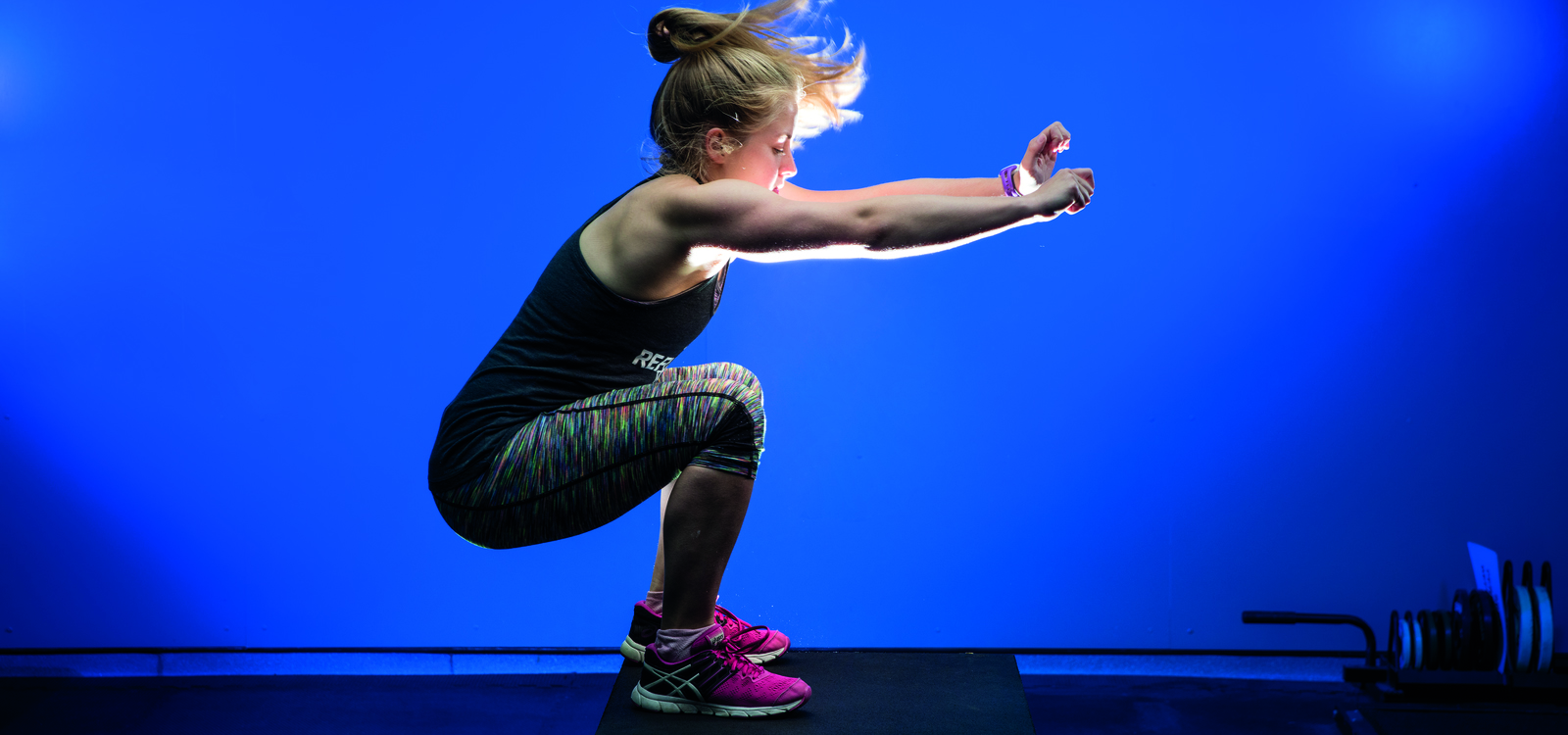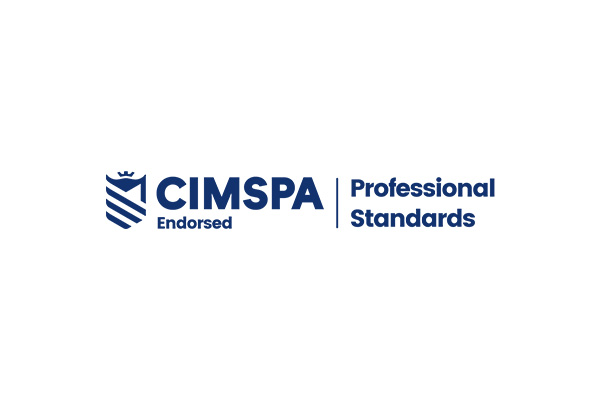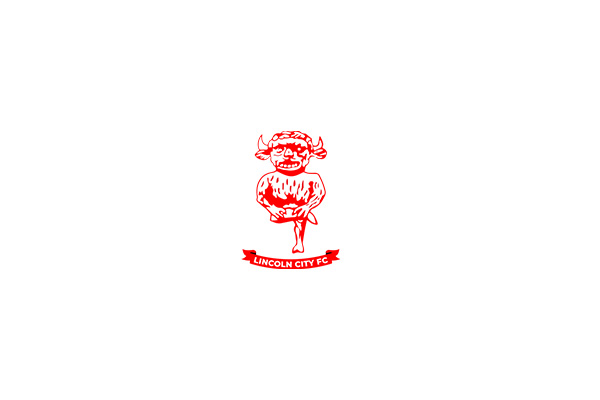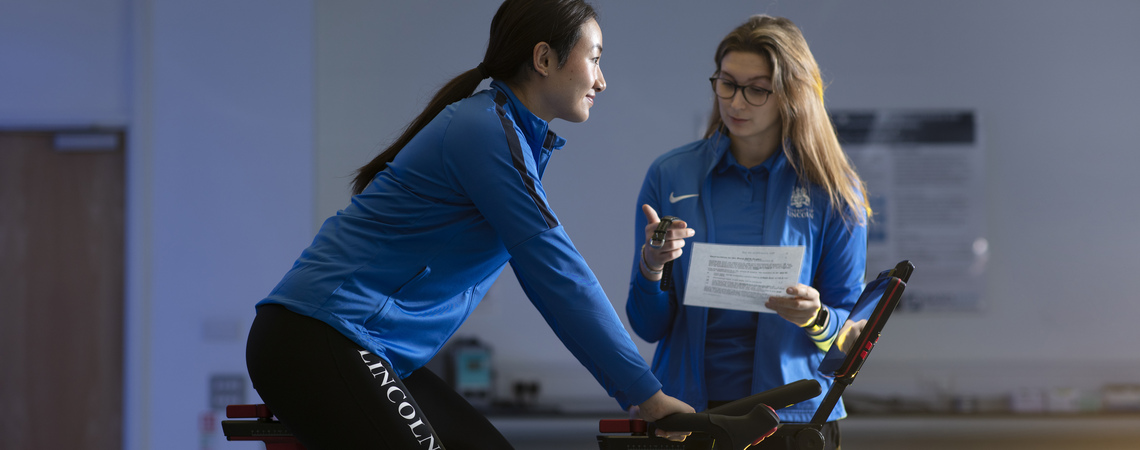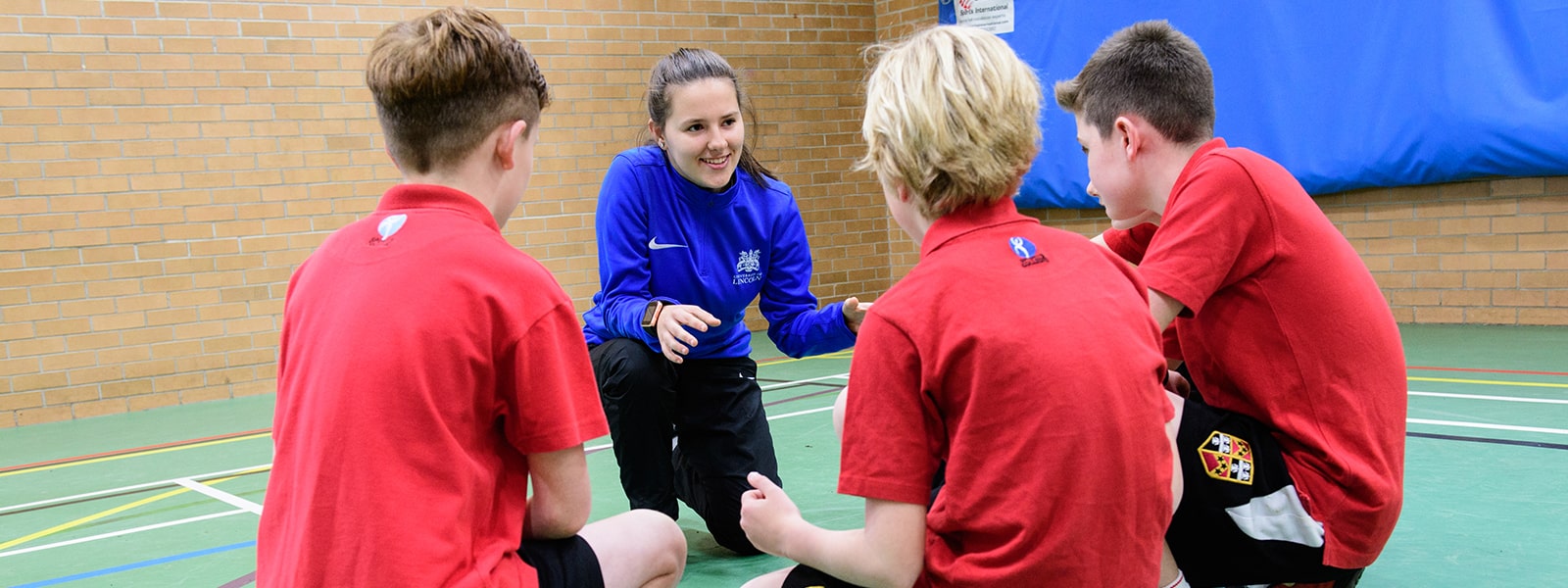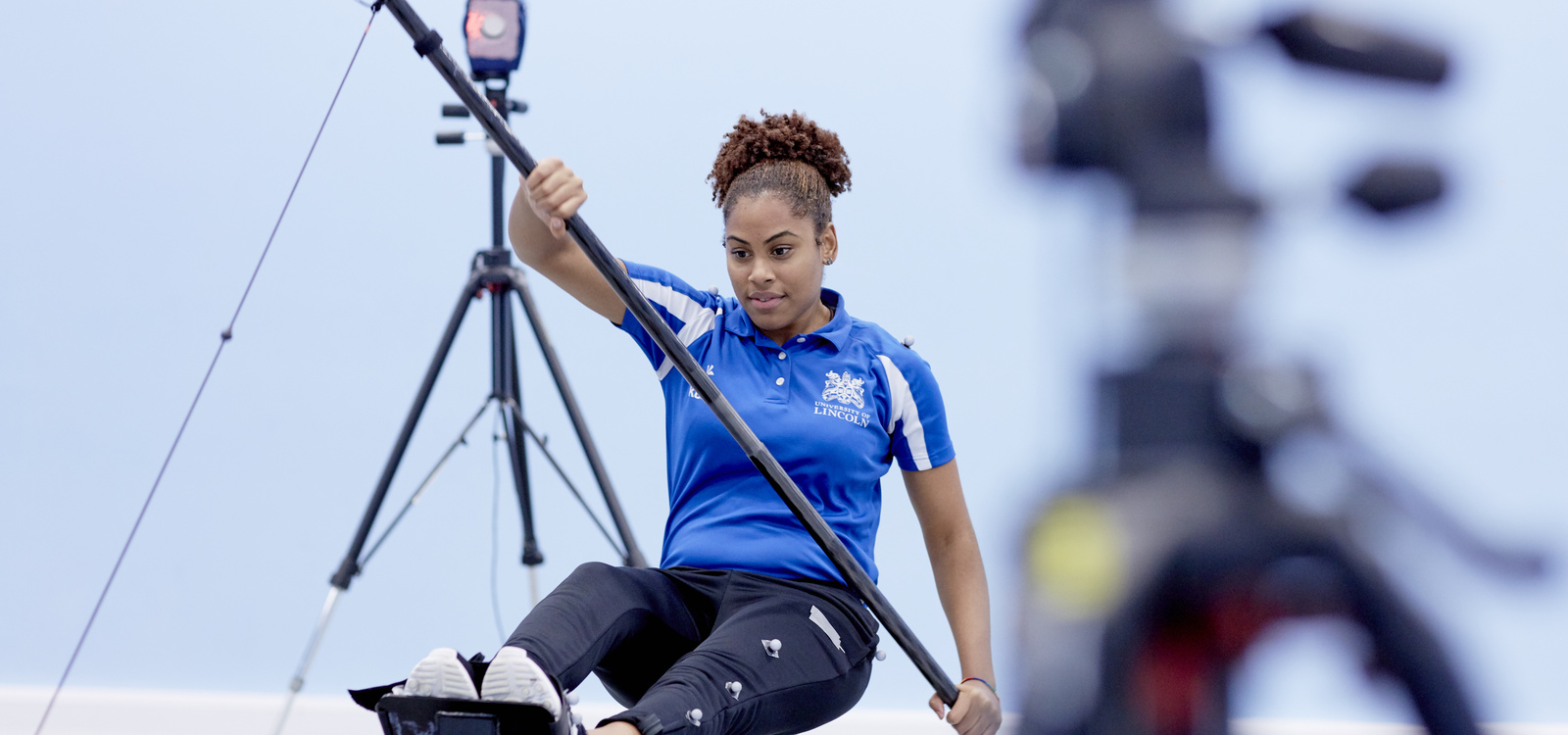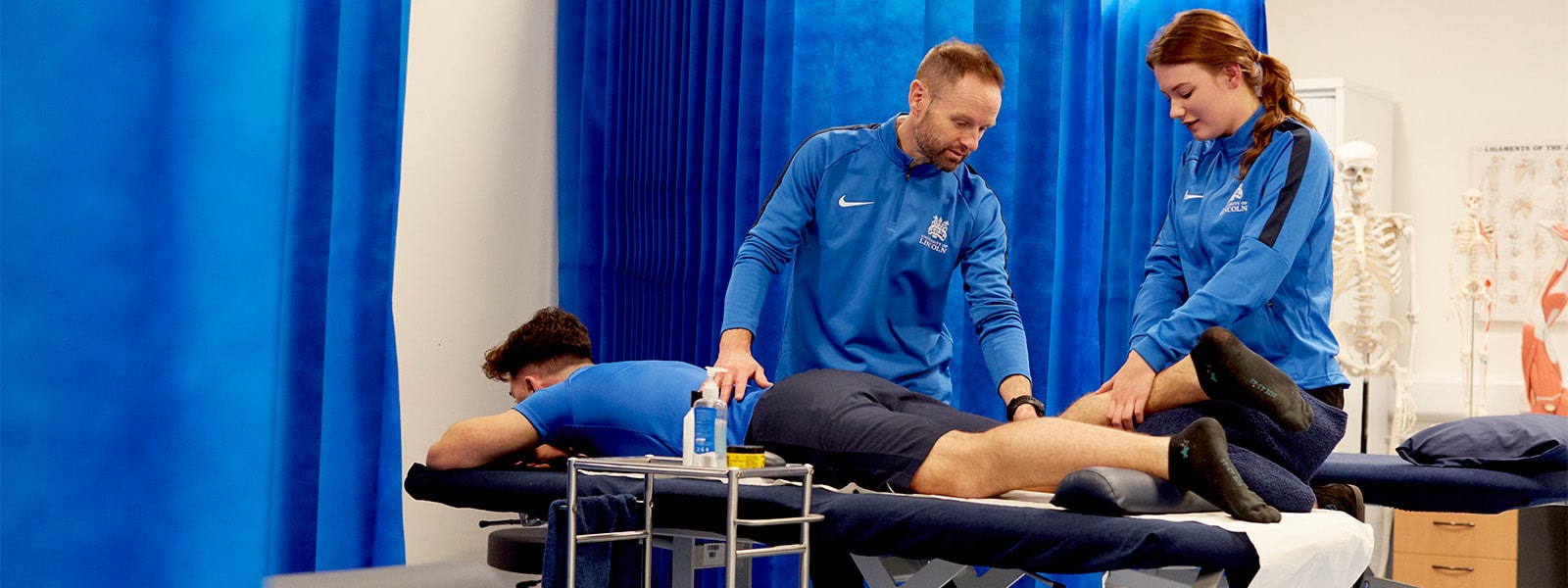Module Overview
This module aims to provide students with the opportunity to develop an advanced knowledge of concepts within strength and conditioning, promote critical evaluation of current research topics and training methods and further refine and develop coaching practice.
Students will have the opportunity to develop a comprehensive knowledge of the periodisation and planning of strength and conditioning training for athletes, and the opportunity to develop a critical understanding of advanced strength and conditioning training methods and current research trends.
Module Overview
The Dissertation module provides an opportunity for an in-depth study of a particular topic and to demonstrate original and critical thought.
Module Overview
This optional module provides students with an opportunity to develop their ability to carry out independent research and consultancy activities in the area of sport and exercise biomechanics. Seeking to build upon the knowledge gained at previous levels, this module introduces specialised techniques to assess performance and the wider issues surrounding support work.
The specific objectives of the module are to:
- Provide an opportunity to develop proficiency in the use of advanced quantitative biomechanical systems to analyse and evaluate human performance.
- Provide the opportunity to develop an advanced understanding of the use of biomechanics in supporting and developing performance within elite athletes.
- Critically analyse recent and possible future developments in sports biomechanics.
Module Overview
This optional module aims to draw upon prior knowledge and practical experience in sport and exercise nutrition and sport physiology.
The specific objectives of this module are to:
- Integrate these disciplines to enhance understanding of the demands of sport and exercise and specialist conditions upon nutritional requirements.
- Provide an opportunity to develop understanding of the relationship between the health requirements of daily nutritional intake and optimal sports performance.
- Provide the opportunity to develop practical skills for the assessment of nutritional intake, hydration status, energy balance and body composition.
- Improve ability to translate individual nutritional needs of different sports performers and specialist populations into appropriate dietary strategies and daily nutritional prescription.
Module Overview
This optional module aims to encourage students to apply knowledge and understanding of the physiological systems active during exercise, at fatigue and following training, to the performance and specific requirements of different athletes.
The specific objectives of this module are to:
- Provide the opportunity to develop an understanding and experience of physiological intervention and sports science support models as accepted tools for the performance development of the competitive athlete.
- Provide the opportunity to gain relevant vocational experience in relation to physiological assessment and training prescription.
- Prepare students academically and vocationally for future work in terms of knowledge, planning, understanding, research and assessment.
Module Overview
This elective module aims to explore the prescription of exercise to benefit specific medical conditions. It draws upon the theoretical issues and practical skills delivered at level two when exploring physical activity and health. Students have the opportunity to employ vocationally relevant skills in the health assessment of a client, designing and delivering an exercise programme to benefit a specified medical condition. Students can explore healthcare systems, critically examining roles and responsibilities and the use of evaluation.
This optional module includes a placement that is linked to the module assessment. Students who choose to take this module will be responsible for their travel, accommodation and general living costs during the placement.
Module Overview
This interdisciplinary module is designed to build on prior knowledge of exercise instruction, and the anatomical and physiological processes of sport and exercise physiology related to the planning, prescription and delivery of a specific exercise programme.

